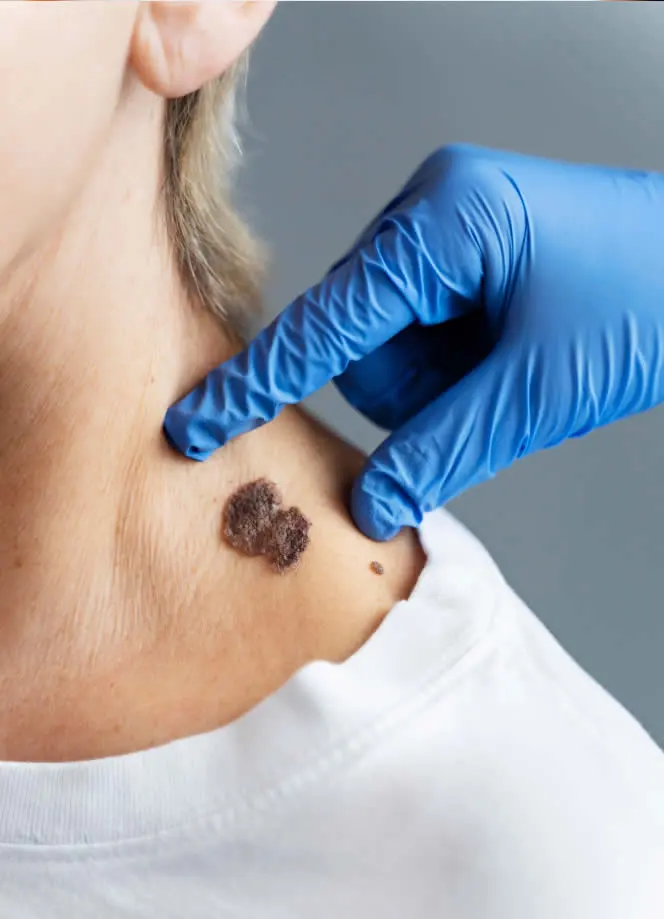Do All Moles Need to Be Removed?
Moles are common skin features that can appear almost anywhere on the body, including the face, neck, arms, and legs. While some people choose to remove them for cosmetic reasons, others may wonder if all moles actually need to be removed. The truth is that not every mole poses a risk or requires treatment. Understanding the difference between harmless moles and those that may indicate a medical concern is essential, especially for individuals considering Mole Removal In Dubai.
Understanding Types of Moles
Not all moles are the same, and their characteristics often determine whether removal is necessary.
Common moles: Usually round, small, and uniform in color, these are typically harmless.
Atypical or dysplastic moles: Irregular in shape, uneven in color, or larger than a pencil eraser, these may need closer monitoring.
Congenital moles: Present at birth, some of these carry a slightly higher risk of developing complications over time.
By knowing the type of mole you have, you can better understand whether removal should be considered.

When Moles Require Removal
There are specific situations where mole removal becomes advisable.
Medical necessity: If a mole shows warning signs such as rapid growth, bleeding, pain, or changes in color and shape, removal may be recommended for further examination.
High-risk areas: Moles on areas prone to irritation—like the scalp, face, or soles of the feet—can be problematic and may require removal.
Cosmetic choice: Even harmless moles may be removed for aesthetic reasons, especially when they affect confidence or personal appearance.
Warning Signs to Watch For
Dermatologists often use the ABCDE rule to assess whether a mole may be suspicious:
A – Asymmetry: One half looks different from the other.
B – Border: Uneven, blurred, or jagged edges.
C – Color: Multiple shades of brown, black, red, or even white.
D – Diameter: Larger than 6mm in size.
E – Evolving: Rapid changes in size, shape, or behavior.
If any of these apply, professional evaluation is highly recommended.
Safe Options for Removal
Thanks to modern dermatology, mole removal today is safe and effective. Options include:
Laser removal for small and superficial moles.
Shave excision for raised moles.
Surgical excision for deeper or suspicious moles that need biopsy.
The right method depends on the mole’s nature and the desired outcome.
Moles That Can Be Left Alone
Most moles do not require treatment at all. If they are small, stable in appearance, and located in non-irritating areas, they can be monitored without removal. Routine skin checks and awareness of changes are usually enough to ensure ongoing safety.
Lifestyle Considerations in Dubai
Dubai’s sunny climate can increase the risk of sun-related skin concerns, including changes in moles. That’s why dermatologists often stress the importance of sunscreen, protective clothing, and regular skin evaluations. This proactive approach helps ensure that moles remain harmless over time.
Conclusion
Not all moles need to be removed. Many are completely harmless and can safely remain untouched, provided they do not change or cause discomfort. Removal becomes necessary mainly for medical reasons or personal cosmetic preference. With advanced procedures and expert care, Mole Removal Dubai services ensure safe solutions for individuals who need or want mole removal. The decision should always be made with the guidance of a professional who can evaluate each case individually.